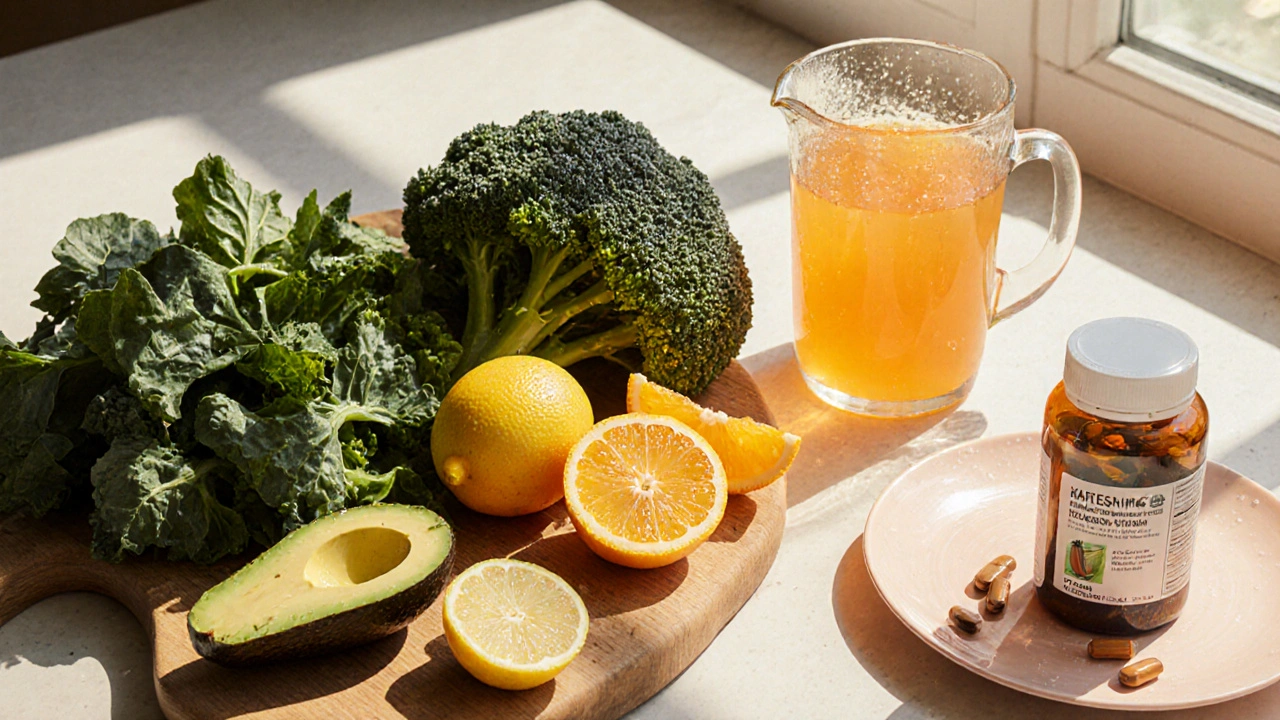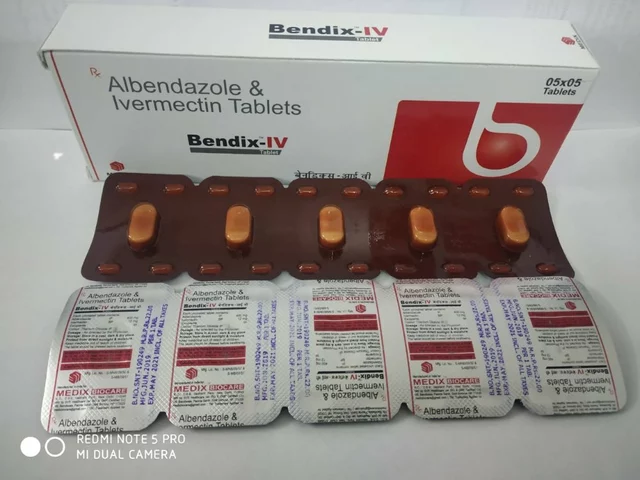Folate Supplementation – What It Is and Why It Matters
When talking about folate supplementation, the practice of adding extra folate, usually as folic acid, to the diet to meet specific health goals. Also known as folic acid intake, it plays a key role in DNA synthesis, red blood cell formation, and fetal development. Folic acid, the synthetic form of the B‑vitamin folate, is the most common ingredient in supplements and fortified foods. Another related entity, prenatal vitamins, often bundle folic acid with iron, calcium, and other nutrients to support pregnancy. Understanding how these pieces fit together helps you decide if you need a boost and how to use it safely.
Why do many doctors stress folate supplementation? One major reason is its proven ability to reduce the risk of neural tube defects such as spina bifida in newborns. The neural tube forms in the first weeks of pregnancy, often before a woman knows she’s pregnant, so having adequate folate beforehand is crucial. A second benefit is preventing certain types of anemia; folate is essential for producing healthy red blood cells, and a deficiency can lead to megaloblastic anemia, causing fatigue and weakness. Moreover, folate supports overall cardiovascular health by helping lower homocysteine levels, a factor linked to heart disease. These attributes illustrate the broader impact of folate beyond pregnancy, touching on general wellness and disease prevention.
How to Choose the Right Dose and Source
Typical recommendations for most adults range from 400 µg to 800 µg of folic acid daily, but the exact amount depends on age, gender, health status, and life stage. Women planning a pregnancy or who are pregnant are often advised to take 600‑800 µg, while people with certain medical conditions—like malabsorption disorders or those on anticonvulsant therapy—may need higher doses prescribed by a physician. Natural food sources include leafy greens (spinach, kale), legumes, and citrus fruits, but dietary intake alone can fall short, especially during the early weeks of pregnancy.
When selecting a supplement, look for products that list “folic acid” or “folate” as the primary ingredient, and check whether they include other supportive nutrients like iron or vitamin B12. If you’re already taking a multivitamin, compare its folic acid content with the recommended daily intake to avoid excess, which can mask a B12 deficiency. For most people, a simple 400 µg tablet taken once a day does the job; for those with higher needs, a doctor‑prescribed 1 mg dose is common. Always read the label for any added additives if you have sensitivities.
Safety is another key point. Folate supplementation is generally well‑tolerated, but extremely high doses (above 1 mg daily without medical supervision) may cause gastrointestinal upset or interact with certain medications, such as methotrexate. If you’re on prescription drugs or have a history of cancer, discuss your supplement plan with a healthcare professional first. Monitoring blood levels isn’t usually required for standard doses, but doctors may check folate status in patients with anemia or during pre‑conception counseling.
In short, folate supplementation bridges the gap between what you eat and what your body needs for critical processes like DNA repair, blood formation, and fetal development. By choosing the right dose, source, and timing, you can reap the benefits while minimizing risks. Below you’ll find a curated set of articles that dive deeper into specific scenarios—whether you’re planning a pregnancy, managing anemia, or simply looking to boost your overall health. Let’s explore the practical tips, detailed comparisons, and expert advice that will help you make informed decisions about folate supplementation.

Folate Deficiency Myths Busted: Real Facts About Vitamin B9 and Health
Discover the truth behind folate deficiency myths, learn how to spot real symptoms, and get practical tips for diet and supplementation to stay healthy.
Categories
- Medications (70)
- Health and Medicine (61)
- Health and Wellness (36)
- Online Pharmacy Guides (16)
- Nutrition and Supplements (9)
- Parenting and Family (3)
- Environment and Conservation (2)
- healthcare (2)
- prescription savings (1)
Popular Articles

Efavirenz Safety and Efficacy in Children
Feb, 20 2025


